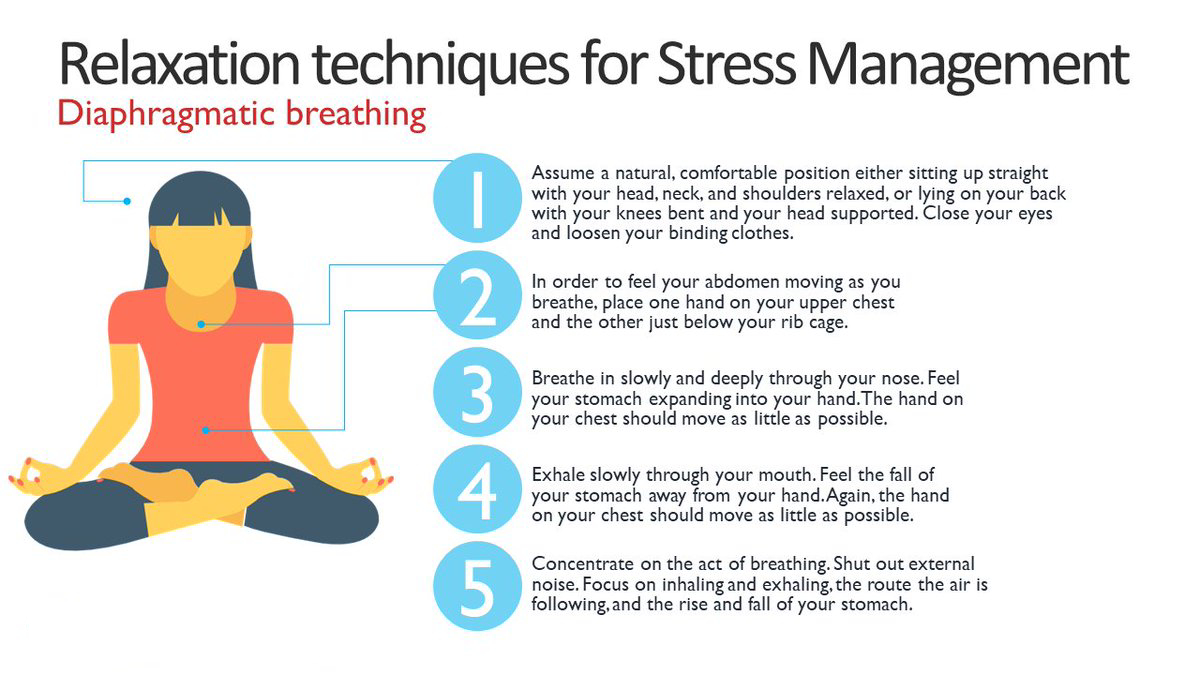Okay, so you’ve plugged in your phone, laptop or tablet to charge for the night and you plop down into the bed. And then, we’ve all been there, we widdle away the hours’ binge-watching a series, aimlessly browsing the web, or (innocently enough) tossing and turning for hours.
Our beds should act as our own personal charging pods. Getting a proper night’s sleep is crucial to our health and wellbeing.
So here are 7 ways you can improve your REM sleep:
A Proper Bedtime Routine
When I was in university, someone gave me a gift card for hot yoga. Trouble was, the only openings I could attend were the 10 pm slots. An hour later, after stretching, lying on the floor, and listening to calming music, I was at peak-Zen.
I would walk home in a trance, go straight to bed and have some of the best nights of sleep I ever had! Having a proper bedtime routine can be many things. By having one, we can prepare our body and mind for sleep, and maximize the amount we’re asleep, getting more REM cycles.
Reduce Causes Of Nighttime Waking
It’s when you’re trying to fall asleep that you realize your bed is right in the path of the local lighthouse flood-light, beside the road solely used by police, fire trucks, and ambulances, and, oh yeah, in the middle of a 24-hour daycare.
Seal-up your bedroom. Buy dark drapes, put a towel under the door, and keep the room at a cool 60 to 68 degrees Fahrenheit.
Get The Required Amount Of Sleep
Getting a full night’s sleep should take priority over watching that new show, staying out with friends all hours of the night, or wasting time on social media. In today’s society, we crave that instant gratification. But our bodies crave sleep more. Adults should get at least 7-9 hours of sleep each night.
Medical Conditions
Sleep apnea is a common condition that causes people to become sleep deprived. It and other conditions can easily be corrected by a trip to the doctor. Dealing with medical conditions that affect your sleep will, in turn, prevent more serious issues from occurring because of sleep deprivation.
Avoid Caffeine And Screen Time
Caffeine is a stimulant that wants to keep us alert. Try to avoid teas, coffees, and soft drinks within six hours of bedtime. And avoid watching TV shows or using your phone. That too causes a higher stimulus to your brain.
Relaxation Techniques
Your body is good for you. Be good to it in return. At the end of the day, take an hour before bedtime to unwind and relax. Soak in a bathtub, do some yoga, or meditate.
Invest In A High-Quality Mattress
We can expect to sleep on a mattress for over ten years, for at least six hours a day. That’s an investment and one that will provide us restful periods of sleep that maintain our health and wellbeing. Remember, our beds are our charging ports. I know I wouldn’t trust a mediocre charger for my phone or laptop. Why would my standard for a proper mattress be anything less?
To learn more about having a proper bedtime routine, check-out: https://www.savvysleeper.org/rem-sleep/











